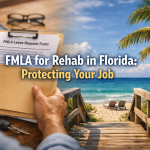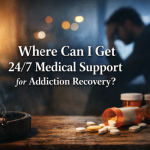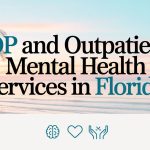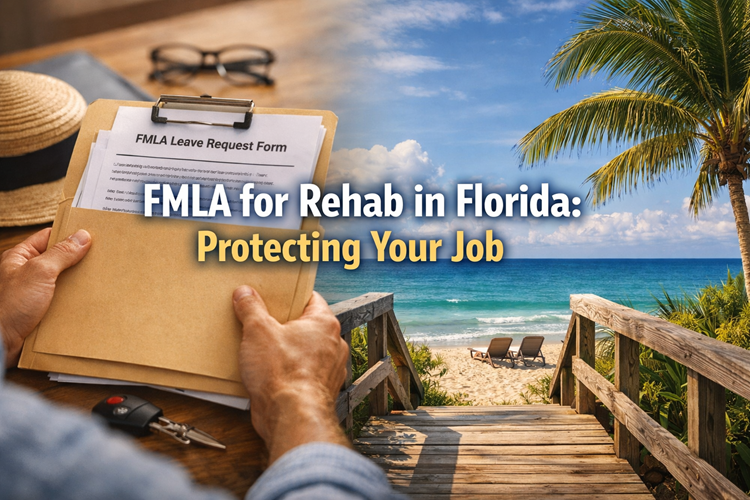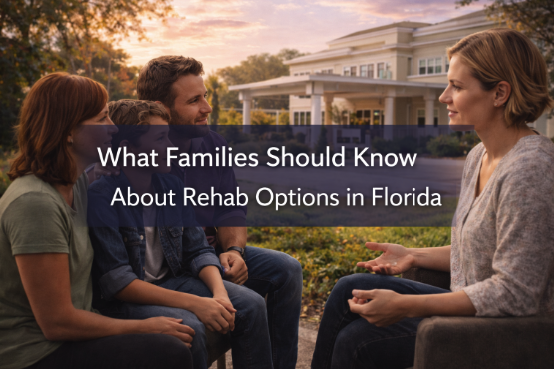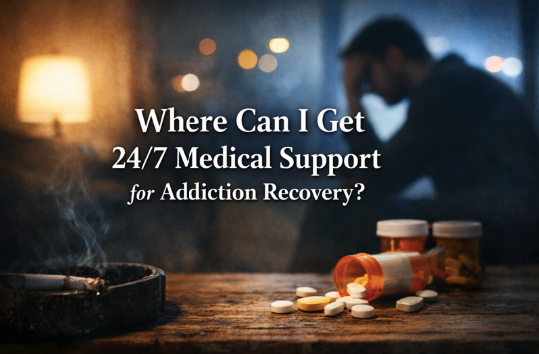Millions of individuals throughout the world suffer from various mental health issues, which influence their overall well-being. People require knowledge of mental health conditions to recognize symptoms, which enables them to find necessary care and help people struggling with these disorders. The following guide investigates ten well-known mental health diseases with their key signs and treatment possibilities.
1. Anxiety Disorders
Anxiety disorders are among the leading mental health conditions that result in severe fear and worry, together with apprehension, which causes interference with regular daily activities. Common types include:
- The symptoms of Generalized Anxiety Disorder (GAD) include continuous, intense concern that spreads across various life aspects.
- The symptoms of Panic Disorder include abrupt intense fear together with body signs that manifest as rapid heart rate and difficulty breathing.
- People with Social Anxiety Disorder experience extreme anxiety when they need to socialize or develop concerns about other individuals judging them.
- Phobias cause individuals to develop intensive and unreasonable fears toward distinct objects or situations, including heights, spiders, and flying conditions.
Treatment: Cognitive-behavioral therapy (CBT), medication, relaxation techniques, and lifestyle modifications.
2. Mood Disorders
Patients with mood disorders experience widespread emotional instability, which produces either prolonged periods of sadness or heavily fluctuating moods. Common types include:
- Major Depressive Disorder (Depression): Persistent sadness, loss of interest in activities, and feelings of hopelessness.
- The disease of bipolar disorder creates alternating depressive phases and manic phases that result in severe mood instability with excess energy levels.
- The symptoms of Cyclothymic Disorder present as minor mood variations that resemble bipolar disorder although at a lesser intensity level.
Treatment: Antidepressants, mood stabilizers, psychotherapy, and lifestyle adjustments.

3. Schizophrenia and Other Psychotic Disorders
People diagnosed with schizophrenia experience difficulties regarding their perception alongside thinking patterns and manifested behavioral problems which include:
- Experiencing hallucinations involves detecting things that do not exist either through vision or hearing perceptions.
- A person with delusions believes strongly in untrue information that conflicts with available proof.
- Disorganized Thinking: Difficulty organizing thoughts and speech.
Treatment: Antipsychotic medications, therapy, and social support programs.
4. Obsessive-Compulsive Disorder (OCD)
The defining traits of OCD include unwanted intrusive thoughts and repetitive behaviors that people perform to alleviate their anxiety. Examples include:
- The concern about germs leads individuals to excessively wash their hands.
- Repeatedly checking locks for security.
- People organize their surroundings through particular arrangements as a method to reduce their feelings of anxiety.
Treatment: CBT, exposure and response prevention therapy, and selective serotonin reuptake inhibitors (SSRIs).
5. Post-Traumatic Stress Disorder (PTSD)
Post-traumatic stress disorder develops when someone experiences such serious events as assault or war or natural disasters. Symptoms include:
- Flashbacks and nightmares.
- Severe anxiety and emotional distress.
- Avoidance of reminders of the traumatic event.
Treatment: Trauma-focused therapy, medication, and stress management techniques.

6. Eating Disorders
Health issues related to eating disorder symptoms involve problematic food choices along with preoccupation about body shape. Common types include:
- People with Anorexia Nervosa show severe food reduction because they intensely fear weight gain.
- The diagnostic feature of Bulimia Nervosa includes uncontrollable binge eating behavior, whereas individuals follow this with purgative actions such as self-induced vomiting and excessive physical movement.
- Binge-Eating Disorder results in persistent overeating episodes that do not include purging behaviors.
The correct treatment involves nutritional counseling and therapy combined with medical supervision.
7. Personality Disorders
- These disorders result in both emotional disorders coupled with behavioral difficulties and interpersonal relationship problems. Common types include:
- People who have Borderline Personality Disorder experience significant shifts in mood while facing personal relationship struggles and develop fears about losing others.
- Individuals with Antisocial Personality Disorder do not respect human rights and demonstrate absent empathy.
- Narcissistic Personality Disorder: Exaggerated self-importance and constant need for admiration.
Treatment: Therapy, medication, and behavioral interventions.
8. Attention-Deficit/Hyperactivity Disorder (ADHD)
The disease diminishes attention capabilities while harming both service control mechanisms and physical movements. Symptoms include:
- Difficulty concentrating and staying organized.
- Impulsivity and trouble following instructions.
- Hyperactivity and difficulty sitting still.
Treatment: Behavioral therapy, stimulant or non-stimulant medication, and lifestyle adjustments.
9. Dissociative Disorders
The human mind displays dissociative disorders, which cause disturbances between memories and personal identity as well as perceptions of external reality. Common types include:
- People with Dissociative Identity Disorder experience the development of different personality states that exist independently of one another.
- Memory loss occurring after traumatic experiences belongs to the category of Psychiatric Dissociative Amnesia.
- Depersonalization/Derealization Disorder: A sense of detachment from oneself or the surrounding world.
Therapy combined with grounding techniques along with prescription medications serves as the treatment approach to manage symptoms.

10. Substance Use Disorders
The combination of dependency with unhealthy medical manifestations defines substance use disorders when someone becomes addicted to alcohol or drugs. Symptoms include:
- A person cannot control substance consumption after experiencing intense cravings.
- Withdrawal symptoms when stopping use.
- The addiction leads individuals to disregard their responsibilities because of their substance use habits.
Patients needing treatment should enter detox programs, then move to rehabilitation centers, and benefit from therapy and support from support groups.
Seeking Professional Help
Anyone facing mental difficulties needs to consult with professional healthcare providers for their recovery. Proper therapeutic measures combined with adequate support systems allow individuals to recover from their issues.

As part of Orlando Treatment Solutions, we provide customized treatment arrangements combined with therapy sessions and medication supervision, together with supportive patient care tailored to specific requirements. Contact (321) 415-3213 to schedule your appointment, which will start your path toward achieving mental wellness.







